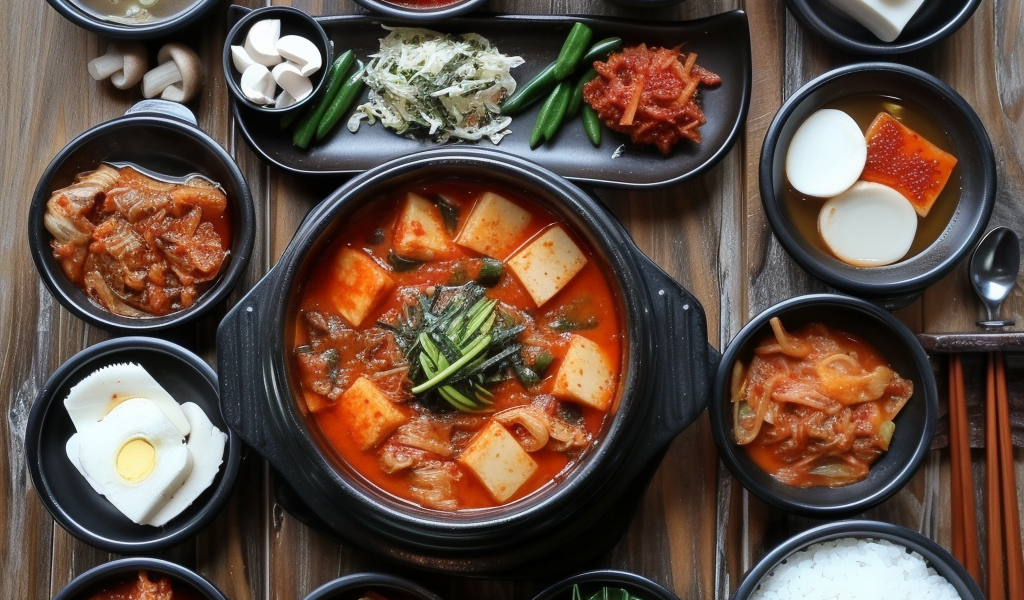In a recent study published in the journal BMJ Open, researchers explored the relationship between kimchi consumption and obesity in South Korea.
Obesity is associated with nutritional, environmental, and lifestyle factors and is a significant risk factor for diabetes, chronic kidney disease, cardiovascular disease, and hyperlipidemia. Obesity prevalence in South Korea has increased steadily over the years. Meanwhile, the prevalence of abdominal obesity has also increased over time.
Increased obesity prevalence is associated with higher medical expenditure; thus, obesity prevention remains a public health priority. In Korea, kimchi is a traditional side dish low in calories but rich in vitamins, dietary fiber, polyphenols, and lactic acid bacteria. There are concerns about kimchi as one of the major contributors to sodium intake.
A 2019-20 survey revealed that daily sodium intake from kimchi was 500 mg (15% of total sodium intake). Studies have shown associations between increased sodium intake and a greater prevalence of hypertension and obesity. Nevertheless, consuming fermented vegetables and kimchi has been associated with lower body weight and improved total cholesterol and fasting blood glucose levels.
The present study explored the associations between kimchi consumption and obesity in South Korean adults. The researchers used data from a large, prospective, community-based cohort study, “Health Examinees” (HEXA). HEXA was part of a larger genome and epidemiology study examining genetic and environmental risk factors for chronic diseases in adults aged > 40.
Baseline assessments in the HEXA study were performed between 2004 and 2013. Participants were excluded if they had a history of cancer, cerebrovascular disease, diabetes, cardiovascular disease, hyperlipidemia, or hypertension. Those with an implausible energy intake and missing anthropometric data were also excluded.
A semi-quantitative food frequency questionnaire assessed dietary intake for the past year. Total kimchi included kkakdugi, dongchimi (watery kimchi), baechu kimchi (cabbage kimchi), and others, e.g., mustard green kimchi, lettuce kimchi, and green onion kimchi. Intake of sodium, potassium, macronutrients, and fiber was calculated. Obesity is having a body mass index (BMI) ≥ 25 kg/m2. Abdominal obesity was defined as having a waist circumference (WC) ≥ 90 cm for males and ≥ 85 cm for females.





